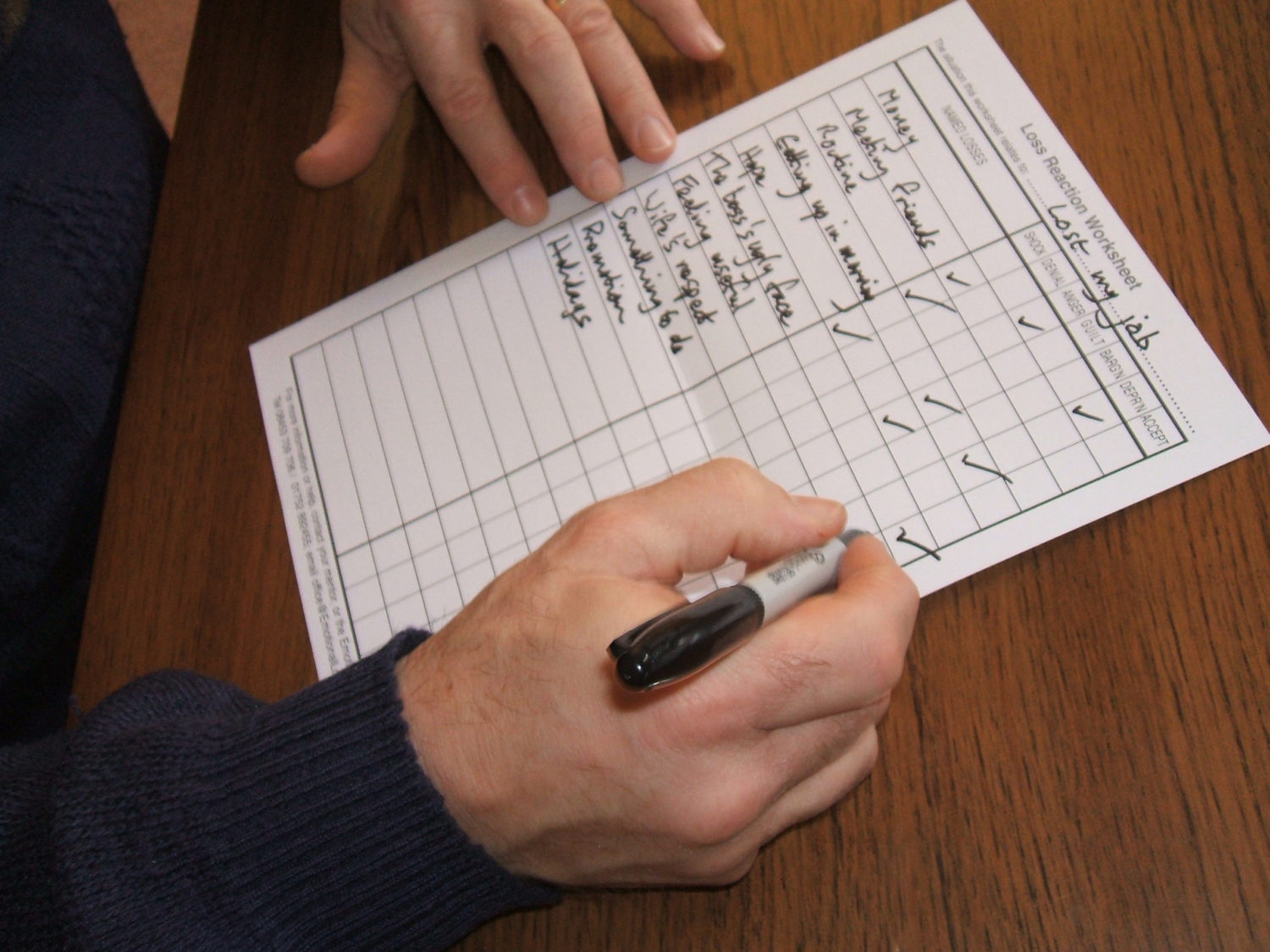We teach practical, innovative, lifelong learning skills for everyone to reduce stress, increase resilience and promote adaptability. Turn life’s challenges into personal growth.
Charity no: 1107527 | Registered no: 04756998

I have been a school governor for over two decades and it is true that staff stress levels and sickness rates in schools have never been higher. With the pressure to focus on academic progress and financial stability I can confirm it is quite easy for governing bodies to forget that they have a statutory duty of wellbeing for their staff. It’s worth remembering that Emotional Logic is not just there to help pupils and their families. It is a fantastic tool to help improve staff wellbeing at work.
Schools are places of great change and they always will be. Evolving political and social expectations on schools have made change part of everyday life. Emotional Logic teaches people how to adjust to change in a healthy way. Emotional Logic reduces stress levels by providing a shared language and understanding of our emotions when we adjust to challenge and change, building emotional resilience for staff, pupils and carers.
Every school I have worked in has struggled with staff stress levels and staff retention, especially with school leaders and teachers. Learning emotional reasoning will help your staff team make sense of their emotions. It will help them to feel safe, to feel heard and valued. They will learn effective, non-aggressive bargaining styles. Relationships at all levels will improve and staff teams will be ready to adapt to challenges and change more effectively and at a more rapid pace.
Another benefit of the emotional training is that the personal development is a transferable skill. What your team learn at school will be passed onto family members. The Emotional Logic skills they learn at work will impact their wider family and social circles. For many, life will seem more manageable. We all know that if home life is more stable, then we are all able to cope better at work when things get tough.
If you or member of your staff team are struggling, talk to us. We can provide targeted support and whole staff training for your team and things can improve.
Written by Christiaan Stirling